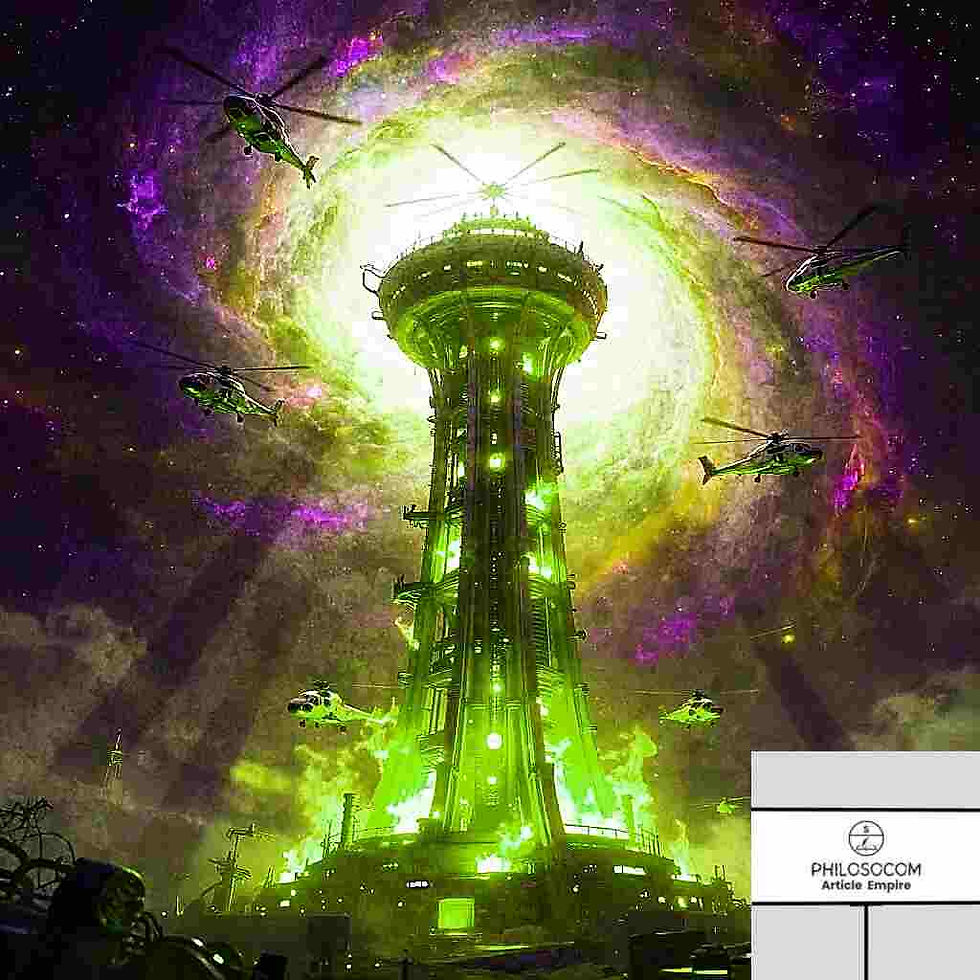The Roots of Negativity and Optimism
- Mr. Tomasio Rubinshtein

- Oct 13, 2019
- 3 min read
Updated: Mar 7, 2024
Negativity is a bias that spawns much darkness, evil and illness in this world. It arises from a profound delusion: that the external world, with its currents and powerful organizations, is mightier than one's world from within. This delusion, a product of despair and even of genetics, casts us as powerless pawns, rendering us as irrelevant as dirt in a universe -- and society -- that cares not for our destinies/fates.
Yet, the external world is not as powerful on us as we might think it is. How come? We simply give it power over us, whether we are optimistic or negative by nature or by our upbringing.
However, the true battleground is within, where a silent war between optimism and its nemesis, hopelessness, is made. The optimistic side recognizes the immense potential that lies dormant within, and wishes to bring it forth to help itself and others too. This side refuses to surrender their inner light to the tyranny of external circumstances.
Negativity, which can be seen as a parasite, feeds on our fears and doubts. It also feeds on our temptation for hatred, the difficulty to forgive, and of course, the desire for revenge. It whispers tales of doom and gloom, painting the world in colors of darkness. Yet, the optimist, armed with the moral blade and the shield of self-belief, stands firmly against these thoughts and feelings. These mental contents are his adversity.
The optimist understands that the external world is merely a temporary storm that rages outside their mental fortress. They can understand that all things come to an end regardless of their choices, without falling into the pits of despair. They think: "Memento Mori", and smile. They refuse storing too much darkness in their heart, lest it would corrupt it. They prefer to be like a strong, erect enduring pillar, take the inevitable toxicity of reality, and move on with their hopes and dreams.
To succumb to negativity is to become a voluntary slave, chained to the whims of the inevitable. The optimist, however, is a free spirit, soaring above the tempest by his /her own power. They endure hardship, not as victims, but as "businessfolk", transforming adversity into opportunities for growth. Optimism can subvert even the direst of situations.
The optimist sees life as a collection of joys and sorrows, with bias towards hope and overall betterment. They understand that even in the darkest moments, there is light to be found. They are not consumed by the negative aspects of others. This is why the optimist must work on themselves more, to attain and retain their optimism, to make their spirit as tough as iron.
Optimism is not about denying reality, but about embracing it with courage and resilience. It is about recognizing that we are not mere passengers on life's journey, but its governors, charting our own course. The optimist is therefore a testament to the spirit of humans to be indomitable.
Within us is the power of choice to train ourselves that we stay tall. Tall and enduring on the regular, and face the storms of life with relentless optimism. By our own power, it can be turned into relentless altruism. Let us be the beacons of light in a world shrouded in darkness. Let us remember that within each of us lies the power to overcome adversity, to triumph over negativity, and to create a brighter future with a cleaner heart and a sound mind.








Comments